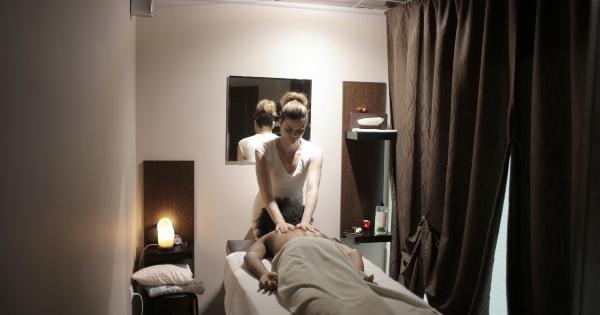Work-life balance is a term used to describe the balance between work and personal life. Maintaining a healthy work-life balance is essential for overall well-being and success in both professional and personal lives.
But, are you maintaining a healthy work-life balance? This assessment aims to help you identify whether you are maintaining a healthy work-life balance or not.
Questionnaire
Answer the following questions with yes or no.
- Do you work more than the prescribed number of hours?
- Do you take work calls after office hours?
- Do you work during weekends or holidays?
- Do you have enough time for your family and friends?
- Do you have enough time for yourself?
- Do you regularly engage in physical activity or hobbies?
- Do you have consistent sleep and wake up times?
- Do you feel stressed or burned out frequently?
- Do you have enough time for relaxation and self-care?
- Do you feel fulfilled in both your personal and professional lives?
Evaluation
For each yes answer, you get one point. Add your total points at the end of the evaluation to determine your work-life balance.
- 0-3: Poor work-life balance. You may need to take a break and re-evaluate your priorities to achieve a healthier balance.
- 4-7: Average work-life balance. You are on the right track, but there is room for improvement.
- 8-10: Good work-life balance. Congratulations! You are maintaining a healthy work-life balance.
Tips for maintaining a healthy work-life balance
Here are some tips that can help you maintain a healthy work-life balance:.
- Set specific work hours and stick to them.
- Avoid taking work calls or checking emails after office hours.
- Take breaks during work hours to relax and recharge.
- Make time for your family and friends.
- Make time for physical activity or hobbies.
- Ensure consistent sleep and wake up times.
- Learn to say no to additional work commitments.
- Prioritize self-care and relaxation.
- Engage in stress-reducing activities such as yoga or meditation.
- Seek help when needed, whether it is from colleagues or a mental health professional.
Conclusion
Maintaining a healthy work-life balance is important for overall well-being and success. Take the assessment to identify whether you are maintaining a healthy work-life balance or not.
By following the tips provided, you can achieve a better balance between your professional and personal lives.































